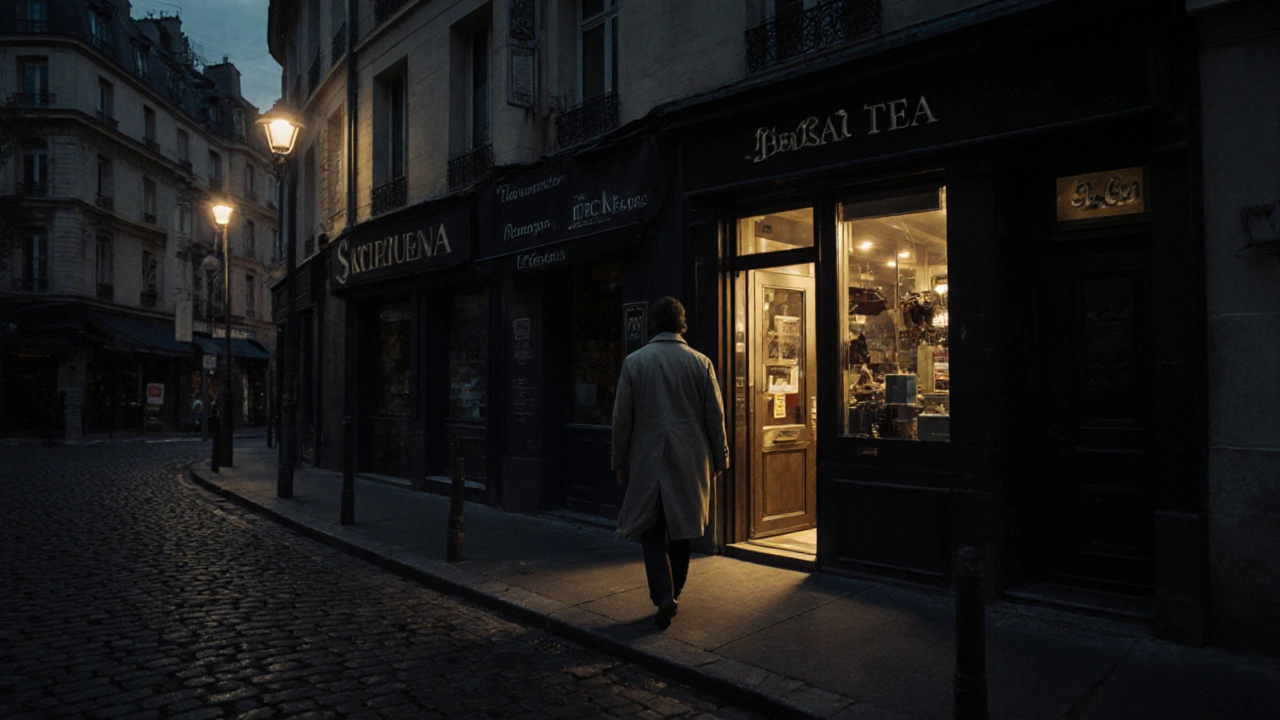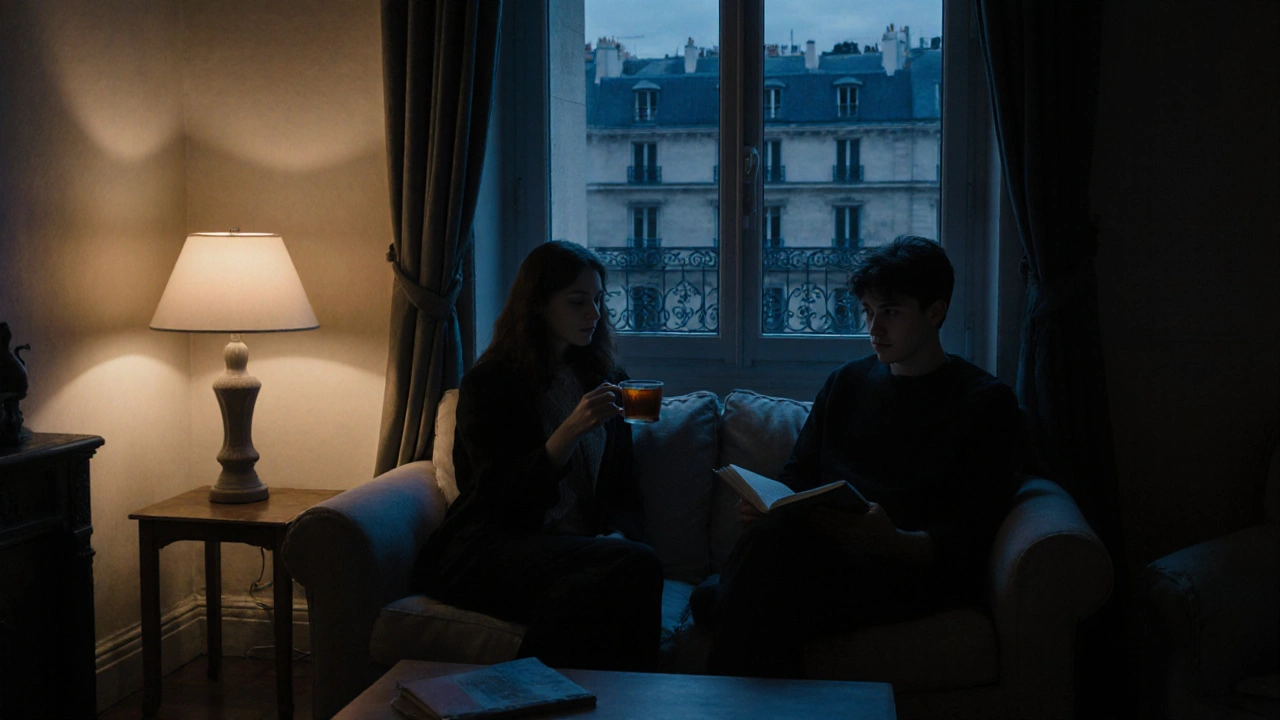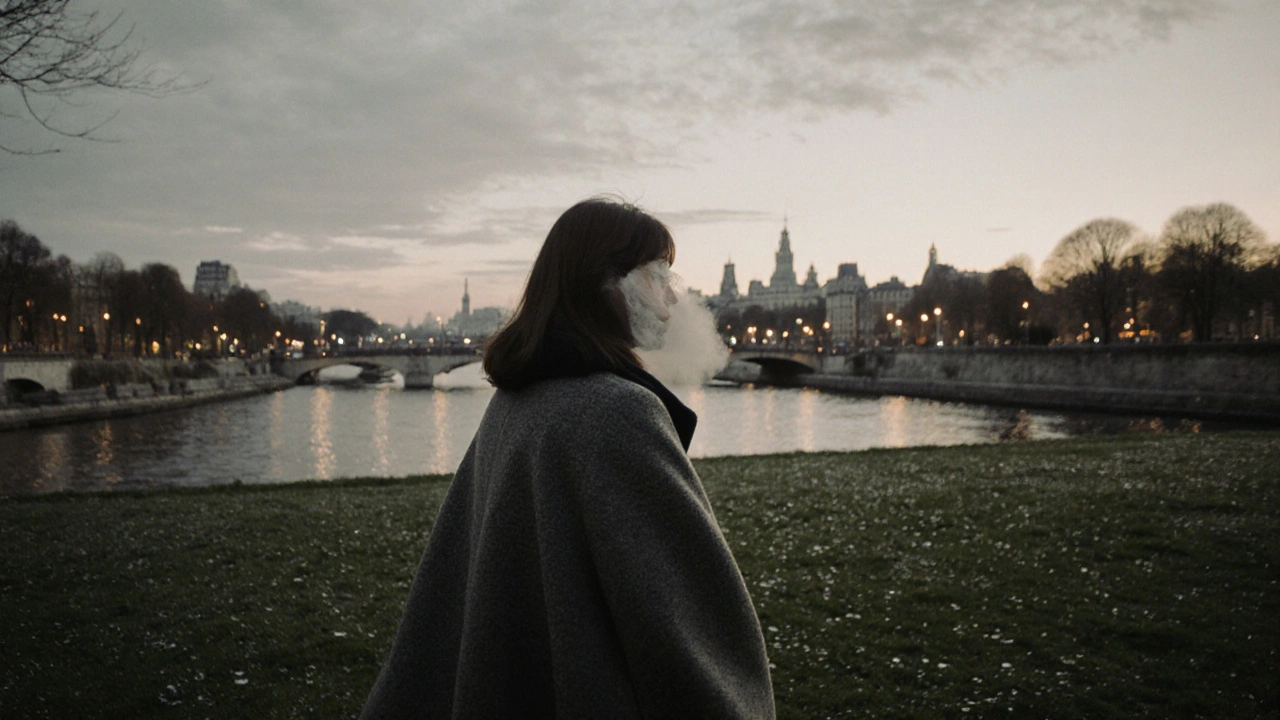
Adult Services November 14, 2025
A Night to Remember: Escort Services in Paris 13th Arrondissement
Paris isn’t just about the Eiffel Tower and croissants. If you’re looking for a different kind of evening in the 13th arrondissement, you’re not alone. This part of the city-often called the Chinese Quarter-has quietly become one of the most discreet hubs for adult companionship in Paris. It’s not flashy. No neon signs. No billboards. Just quiet apartments, well-lit cafés, and a rhythm that moves at its own pace.
What Makes the 13th Arrondissement Different?
The 13th isn’t Saint-Germain or Montmartre. It doesn’t have the same tourist crowds or romantic reputation. But that’s exactly why it works for people seeking privacy. The streets here are lined with Vietnamese bakeries, herbal tea shops, and late-night noodle bars. Locals know the rhythm. Visitors blend in. And for those looking for companionship, the 13th offers a space where discretion isn’t just preferred-it’s expected.
Most services here aren’t advertised online like in other cities. You won’t find Instagram profiles or Uber-style booking apps. Instead, word-of-mouth, trusted local contacts, and long-standing relationships drive the scene. Many women who work here have been doing it for years. They’re not newcomers. They’re professionals who know how to handle boundaries, expectations, and safety.
Who Are the Women Working Here?
They come from all over-Russia, Ukraine, Brazil, Thailand, and France itself. Many speak fluent French and English. Some have degrees. Others have moved here for better opportunities. They’re not stereotypes. One might be a former ballet dancer from Saint Petersburg who now runs her own apartment in Place d’Italie. Another might be a medical student from Rio who works evenings to pay for her exams.
What they all share is control. They set their own hours. They choose who they meet. They decide the price. And they rarely work on the street. Most operate from private apartments or rented studios, often in quiet buildings near Boulevard Masséna or Avenue de Choisy. These aren’t brothels. They’re homes. And they’re treated like them.
How Does It Actually Work?
If you’re thinking of arranging a meeting, here’s how it usually goes:
- You’re referred by someone who’s been there before-a friend, a colleague, or a trusted contact.
- You send a discreet message-often through encrypted apps like Signal or Telegram-with your preferences and availability.
- You’re given a time and address. No photos are shared upfront. No names. Just a meeting point.
- You arrive at the agreed time. No knocking. No waiting. A door opens, you’re let in, and the rest is up to you both.
Payment is usually cash, in euros. Rates vary between €150 and €400 per hour, depending on experience, language skills, and duration. Most sessions last two to three hours. Some women offer dinner, drinks, or walks through the Parc de Bercy. Others prefer to stay in. There’s no script. No forced performance. Just two people sharing time.

What to Expect (And What Not To)
Don’t expect a Hollywood fantasy. There’s no champagne flutes, rose petals, or orchestras. This isn’t a movie. It’s real life. Most women are tired after long days. They appreciate honesty, respect, and silence as much as conversation.
Here’s what works:
- Being on time
- Asking what they’re comfortable with
- Leaving your ego at the door
- Respecting their boundaries-even if they change mid-session
- Not asking for personal details
Here’s what gets you banned:
- Asking for photos or social media
- Trying to negotiate prices after arrival
- Showing up drunk or aggressive
- Asking them to go somewhere public
- Pressuring them to do something they didn’t agree to
One woman I spoke with-using a pseudonym-said, “I don’t work for men who think they own me. I work for men who treat me like a person.” That’s the standard here.
Legal Reality in France
France doesn’t criminalize selling sex. But it does criminalize buying it. Since 2016, paying for sex is illegal under the “Nordic model.” That means clients can be fined up to €1,500 if caught. Enforcement is uneven, though. Police rarely target private apartments unless there’s a complaint or organized activity involved.
Most women in the 13th avoid public spaces entirely. No streetwalking. No cab stands. No ads. They operate under the radar. And because of that, most clients follow the unspoken rule: don’t get caught.

Is It Safe?
Safety isn’t guaranteed-but it’s managed. Women in this scene often share information among themselves. If someone’s rude, violent, or dishonest, the word spreads fast. Many keep a safety protocol: a friend checks in after the meeting. Some use coded messages. Others have panic buttons linked to local contacts.
For men, the biggest risk isn’t violence-it’s exposure. A bad review, a photo leaked, or a wrong address can end your access permanently. This isn’t a place for tourists or thrill-seekers. It’s for people who understand that this is a transaction, not a spectacle.
What Else Is Around?
After a meeting, many people walk to the nearby Marché d’Aligre for coffee or a snack. Others head to the Seine and sit by the water. The 13th has quiet corners, hidden gardens, and views of the city that few tourists ever see. It’s peaceful. It’s real. And if you’re lucky, you’ll leave feeling more connected than you expected.
Some come for sex. Others come for company. A few come just to feel seen. There’s no single reason. And that’s why this place endures.
Final Thoughts
The 13th arrondissement doesn’t sell fantasy. It sells presence. It’s not about being with someone because they’re beautiful or exotic. It’s about being with someone who’s there-fully, quietly, and without pretense.
If you’re considering this, ask yourself: Are you looking for connection, or just release? If it’s the latter, there are easier ways. If it’s the former, you might find it here-in a quiet apartment, with a woman who doesn’t need to say much to make you feel like you matter.
Is it legal to hire an escort in Paris 13th arrondissement?
In France, selling sex is legal, but buying it is not. Since 2016, clients can be fined up to €1,500 if caught paying for sex. Enforcement is rare in private settings, but the law still applies. Most escorts in the 13th avoid public spaces and operate discreetly to reduce risk.
How do I find an escort in the 13th arrondissement?
You won’t find listings on public websites. Most connections happen through trusted referrals-friends, colleagues, or local contacts. Some use encrypted messaging apps like Signal or Telegram. Never rely on social media, dating apps, or public ads. They’re often scams or traps.
What’s the average cost for an escort in Paris 13th?
Rates typically range from €150 to €400 per hour, depending on experience, language skills, and session length. Most meetings last two to three hours. Payment is almost always in cash, in euros. No credit cards or digital payments are accepted.
Are escorts in the 13th arrondissement safe?
Safety is managed through community trust. Women often share information about clients who violate boundaries. Many use safety protocols like check-in calls or panic alerts. For clients, the biggest risk isn’t physical harm-it’s exposure. Being caught or leaking personal details can end access permanently.
Can I take an escort out to dinner or a public place?
Almost never. Most women refuse to go out in public. It increases risk for them and breaks the unspoken rule of discretion. If you want to meet in a café or walk in the park, that’s usually arranged before the meeting, and only if both parties agree. Don’t assume it’s allowed.





